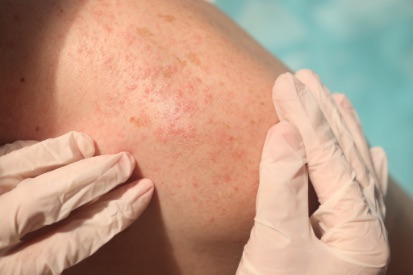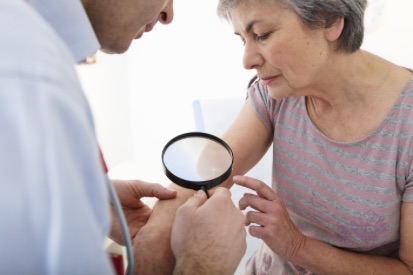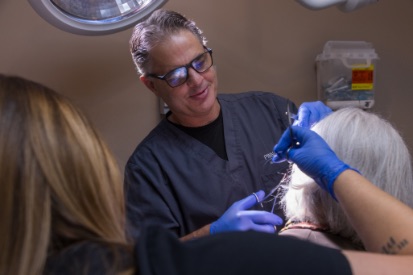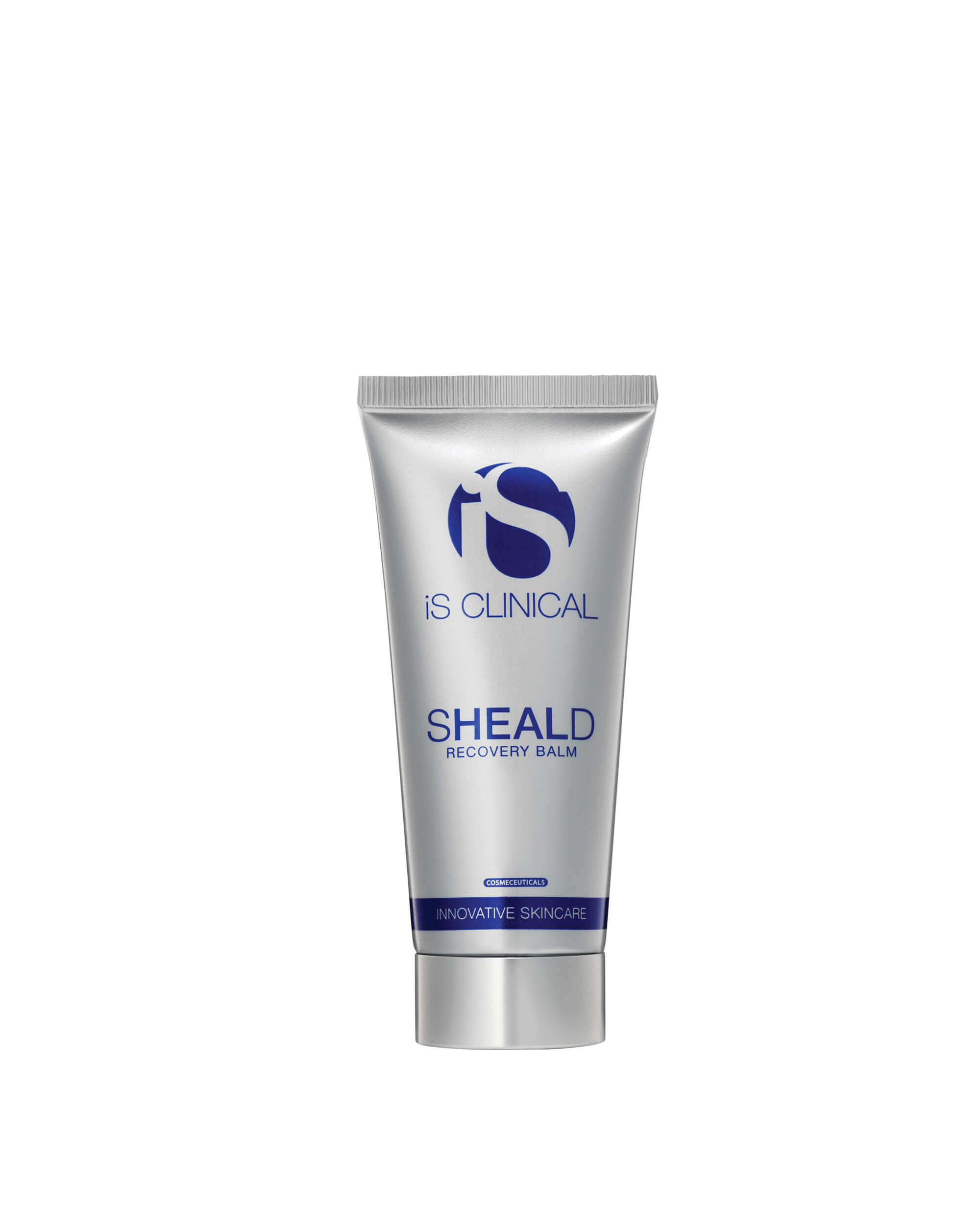What to Expect After Surgery
Before you leave our office, a nurse will review post-operative instructions with you and your family. This includes medications, wound care, and follow-up visits. You will also receive written instructions. Any future appointments for suture removal or follow-up will also be scheduled at checkout.
Seacoast Skin Surgery Is Your Home for Healthy Skin







Discomfort or Pain
After your surgery, you can expect some discomfort from the surgical site. This is highly variable among patients and is also dependent upon the location of your surgery. Some areas are more sensitive than others. You may receive a prescription pain medication to help alleviate post-surgical discomfort. Always start with extra strength Tylenol first, if you can take Tylenol. Avoid any aspirin-containing products.
Swelling and Redness
After surgery, you should expect some mild swelling and redness around the surgical site. Some areas of the body tend to swell more than others (around the eyes). In many cases, the swelling is a side effect of the numbing medication used during surgery. This is particularly common on the forehead. If you feel your swelling or redness is abnormal, please call our office. Redness that continues to spread can be a sign of infection or allergy to the ointment or tape used to care for your surgical site.
Bleeding
Significant bleeding is unlikely but can occur. If you experience bleeding, then lie down and apply firm, constant pressure to the surgical site for a minimum of twenty minutes. If bleeding continues, repeat the pressure on the surgical wound for an additional twenty minutes. Do not “peek” during this period. If the bleeding persists, then please contact our office as early as possible during the day so that we may make arrangements for your evaluation. If you are unable to reach our office or Dr. Viehman, then please proceed to the nearest emergency room for evaluation and assistance. Call 911 for severe problems.
Infection
Infection after skin surgery is very rare. Many patients also receive antibiotics to prevent infection after surgery. If you notice excessive drainage of foul-smelling material with pain and redness, then call our office immediately.
Drainage
Mild drainage from the wound is common which may have a foul odor and be yellowish in color. This is especially common on the legs. The yellow drainage is NOT a sign of infection.
Fever
A low-grade fever (99°F–101°F) is common for which any NON-ASPIRIN product may be used. Tylenol is recommended.
After the Wound Has Healed
Surgical wounds take 9–12 months to fully mature. Although most stitches are removed in 1–2 weeks, the wound is still healing and remodeling on the inside for many months after the surgery. Common symptoms during this period include itching, tingling, minor shooting pain, and numbness. These symptoms almost always are short lived and resolve on their own.
Scarring
Any time the skin is injured, a scar forms. The goal is to make the scar as unnoticeable as possible. Dr. Viehman has extensive training and experience in reconstructing wounds after surgery. We fully understand patients concerns about scars. Some patients can have abnormal scarring that is biologic and not a result of the surgery itself. If you have a history of abnormal scarring, please inform us at the time of your visit. In some instances we perform a second procedure in a few months to smooth or “sand” the scar. This can help significantly with the cosmetic outcome, and is complimentary if needed. Scars also go through a phase of contraction and tightening before they relax, resulting in firmness or a “pulling” sensation. This occurs between two and six months after surgery.
Follow-Up Visits After Surgery
Surgical patients that receive stitches will have a suture-removal visit in one to two weeks. If you live a long distance away, then you can likely have your sutures removed at home by a local doctor or nurse.
All patients will require close follow-up of their surgical sites for proper wound healing and signs of recurrence. Skin cancer patients should also have screening examinations for new cancers on a regular basis. This should be scheduled within four to six months with your referring doctor. Early detection and skin cancer prevention are essential for all skin cancer patients. Patients who have had at least one skin cancer are more likely to develop more in the future. If you don’t have a local physician, we will assist you in finding one.
Wound Instructions
If you have recently had surgery at our facility please find all of our post-surgical wound instructions below for your convenience in different formats. If you have any questions about your instructions please call our office.
Sutured Wounds
Sutured Wound Instructions:
Instructions After Suture Removal:
Stratamed Wound Instructions:
Skin Grafts
Skin Graft Wound Instructions:
Skin Graft Wound Instructions (Donor Site Glued):
Instructions After Skin Graft Suture Removal:
Other
Wounds Healing On Their Own:
Skin Glue Wound Instructions:
Wound Care After CO₂ Laser Therapy or ED&C:
Instructions After Shave Biopsy:

Questions?
If you have questions about your recovery or post-procedure treatment plan, contact the office and a member of the team will be happy to help you.
Featured Products for Healing Skin

ZO® Broad-Spectrum Sunscreen SPF 50
For sensitive and post-procedure skin, this lightweight, non-irritating mineral sunscreen, with ZOX12® complex, protects against damaging effects from UVA/UVB and IR-A rays, and from HEV light. Net Wt. 118 g / 4 Oz

iS Clinical Sheald Recovery Balm
SHEALD Recovery Balm is a moisture-rich formula that dramatically replenishes hydration to dry, sensitive, or compromised skin. This fortifying remedy works overtime to help support the skin’s function while soothing, curative botanicals relieve discomfort of dry, distressed, and post-procedure skin. Clinically proven to provide environmental protection. 60 g e Net wt. 2 oz.

